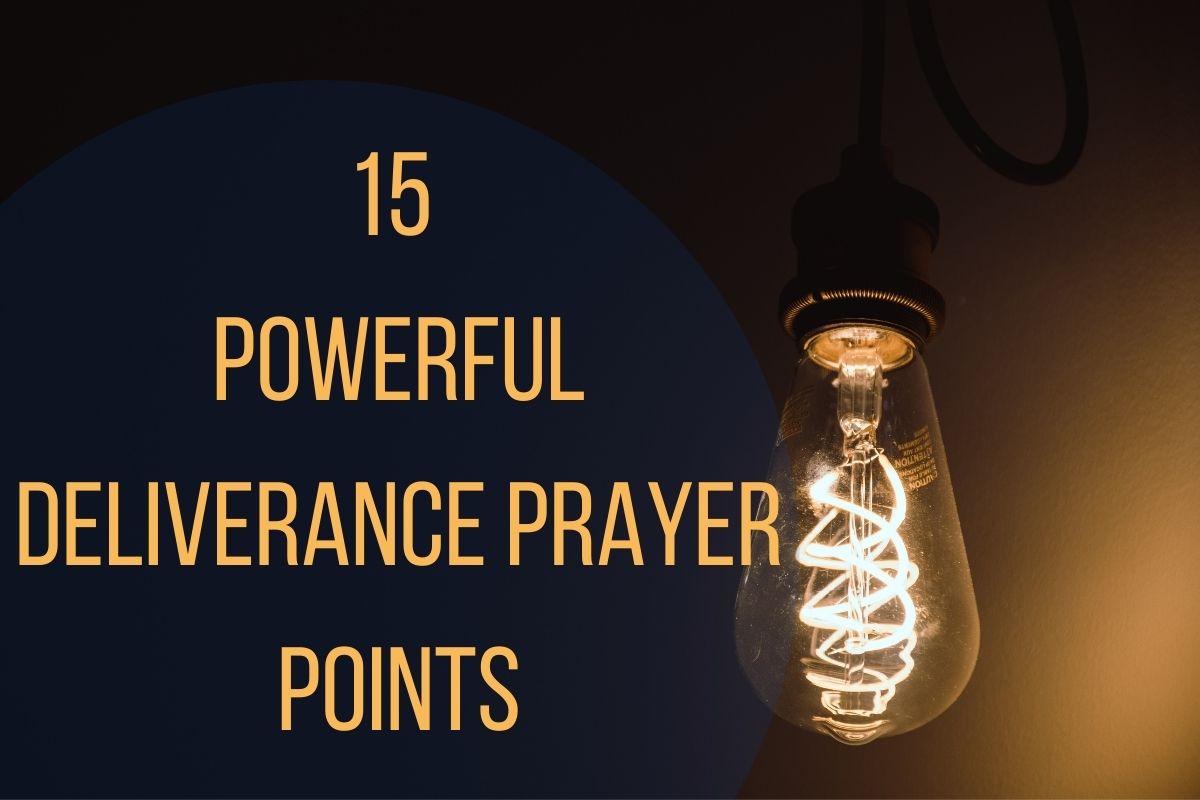Prayers play an important role in many cultures and faiths, and one such tradition is reciting prayers before meals. These pre-meal prayers are deeply meaningful and serve as an opportunity to express appreciation, acknowledge the source of nutrition, request blessings and protection, and connect with spirituality.
In this article, we will look at the significance of prayers to say before eating, popular prayers, and the cultural and theological variances that surround this tradition.
Prayers To Say Before Eating
Prayers before eating carry profound significance in many traditions. They serve as a reminder of our connection to a higher power and the recognition that food is a gift that sustains us. These prayers allow us to pause, reflect, and express gratitude for the nourishment we are about to receive.
Expressing Gratitude
One of the primary purposes of praying before eating is to express gratitude. By taking a moment to acknowledge and appreciate the food before us, we cultivate an attitude of thankfulness. Gratitude not only fosters a positive mindset but also deepens our awareness of the abundance in our lives.
Acknowledging the Source of Nourishment
Prayers before eating provide an opportunity to acknowledge the source of our nourishment. Whether it’s thanking the farmers who cultivated the food, recognizing the efforts involved in its preparation, or acknowledging the divine as the ultimate provider, these prayers remind us of the interconnectedness of all beings.
Seeking Blessings and Protection
Another aspect of praying before eating involves seeking blessings and protection. Many prayers include requests for blessings upon the food and those who prepared it. They also serve as a way to invoke protection from any harm or impurities that may be present in the food.
Connecting with Spirituality
Prayers before eating offer a chance to connect with spirituality. They provide a moment of reflection and connection with a higher power, grounding us in our faith or spiritual beliefs. This practice can bring a sense of peace and mindfulness to the act of eating.
Cultural and Religious Variations
Prayers before eating vary across different cultures and religions. Each tradition has its unique prayers, rituals, and customs associated with mealtimes. Exploring these variations not only fosters cultural understanding but also enriches our spiritual practices.
Popular Prayers Before Eating
There are several well-known prayers that people say before meals. These prayers include the Christian “Grace Before Meals,” the Jewish “Hamotzi,” the Islamic “Bismillah,” and the Hindu “Annam Brahma.” These prayers encapsulate the essence of gratitude, blessings, and acknowledgement of the divine.
Teaching Children the Importance of Prayers
Instilling the practice of praying before eating in children is valuable for their spiritual and personal development. By teaching them the significance of expressing gratitude and connecting with a higher power, we cultivate their sense of appreciation and mindfulness in everyday life.
Incorporating Mindfulness and Presence
Prayers before eating can be an opportunity to incorporate mindfulness and presence into our meals. By focusing our attention on the present moment and savouring each bite, we enhance the overall dining experience. This practice encourages us to slow down, appreciate the flavours, and enjoy the nourishment fully.
Making Prayers a Daily Ritual
To derive the maximum benefit from prayers before eating, it is helpful to establish a daily ritual. Consistently incorporating this practice into our meals helps cultivate a deeper sense of spirituality, gratitude, and mindfulness. It becomes a nourishing habit that enriches our overall well-being.
Conclusion
Prayers before eating hold deep meaning and significance in various cultures and religions. They provide an avenue for expressing gratitude, acknowledging the source of nourishment, seeking blessings and protection, and connecting with spirituality.
By incorporating these prayers into our daily lives, we foster a greater sense of appreciation, mindfulness, and spiritual connection during mealtimes.
Frequently Asked Questions
Are prayers before eating limited to specific religions?
No, prayers before eating are not confined to a particular faith. While many traditions have their own set of prayers, expressing thanks and connecting with a higher power via prayers before meals is something that people of all faiths and spiritual beliefs may do.
How can I teach my child the importance of praying before eating?
Teaching children the importance of praying before eating can be done through simple and engaging methods. Here are a few suggestions:
- Lead by example: As a parent or guardian, make it a habit to say prayers before meals and involve your child in the practice. Children often learn by observing and imitating their parents or caregivers.
- Explain the significance: Take the time to explain to your child why prayers before eating are important. Use age-appropriate language to convey the concepts of gratitude, connection with a higher power, and the recognition of food as a gift.
- Make it interactive. Encourage your child to participate in the prayer by saying simple phrases or repeating them after you. You can also involve them in selecting or creating their prayers, fostering a sense of ownership and personal connection.
Can praying before eating be a form of mindfulness practice?
Yes, praying before eating can be a form of mindfulness practice. Mindfulness involves being fully present and aware of the current moment. By engaging in prayers before meals, we bring our attention to the act of eating, the food before us, and the gratitude we feel.
Prayers before eating provide an opportunity to slow down and cultivate a sense of mindfulness. As we say the prayer, we can focus on the words, the sensations in our body, and the flavours of the food. This practice helps us savour each moment and enhances our overall dining experience.






